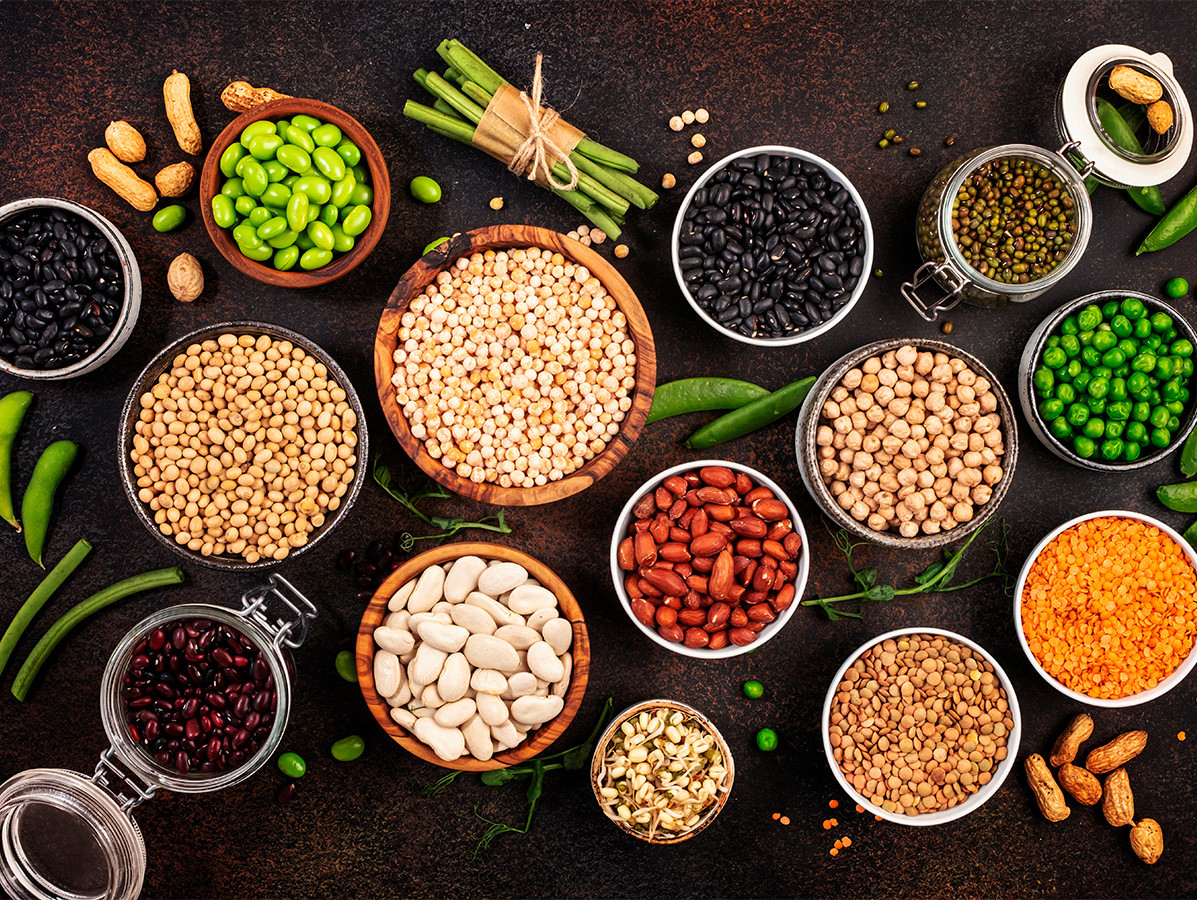
Farmers growing plant proteins on a large scale and consumers eating twice as much legumes may seem like a distant prospect, but it is feasible within six years. This is according to the five initiators of the master plan 'Economically-Powered Protein Transition through Innovation in Chains' (EPPIC).
Deloitte calculated that the plan catalyses €2.6 billion in economic activity and contributes significantly to achieving climate and nature goals. Moreover, it provides income potential for Dutch farmers. On behalf of the five initiators and 82 partners, the Ministry of Agriculture, Nature and Food Quality submitted an application to the National Growth Fund.
The ambition of the parties involved is to double the intake of legumes in the Netherlands before 2030. To achieve that goal, they are targeting agriculture, the food industry and consumers in the master plan. For farmers, the plan focuses on economic feasibility in growing crops high in plant proteins, such as soybeans, peas, field beans and lupins. For this, yields per hectare need to increase and plant and crop disease control needs to improve. The food industry needs knowledge to switch their production processes from imported soybean to Dutch pulses.
For consumers, it is all about changing the physical environment, such as the offer in the supermarket or items on a menu. This brings everyone into contact with plant proteins in more places. This could make the choice easier. Health aspects also receive attention in the research.
EPPIC brings together ongoing research and other existing initiatives and complements missing knowledge to accelerate the protein transition. Soy imports could be reduced by a third. The economic benefits are also accompanied by significant environmental benefits, including a 640 million kg reduction in CO2 equivalent emissions, a 10 million kg reduction in nitrogen and a 7% reduction in land use for the Dutch food pattern.
Finally, the knowledge gained has significance not only domestically, but is of value for the protein transition worldwide.
The five initiators are Wageningen University & Research, the Ministry of Agriculture, Nature and Food Quality, the Southern Agriculture and Horticulture Organisation, Larive International B.V. and Next Food Collective.
Source: LNV